CU Anschutz expands health care education through MOOCs
Already a respected leader in health care education throughout the region, CU Anschutz Medical Campus is expanding its reach to improve health care on a global scale through a series of new massive open online courses (MOOCs). Five new MOOCs have recently launched, bringing the total of CU Anschutz MOOCs to seven.
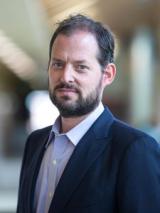
Jay Lemery
“We’re going to try to be an innovator in the field and take advantage of this huge growth opportunity,” Lemery said. “This is the future. As the cost of education goes up and barriers to access go down, we’re in the middle of it, helping define it.”
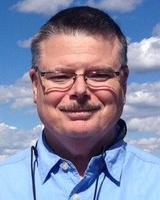
F. Amos Bailey
“This program is designed to provide primary palliative care education to all health care providers in the USA but also around the world,” Bailey explained. “The course explains the many domains of suffering, communication skills, ways to ease pain and non-pain symptoms and how to ease psychological, social and spiritual distress.”
The course benefits nurses, physicians, pharmacist, social workers, spiritual-care providers and others working with individuals and their families living with serious and life-limiting illness, Bailey said. “Patients and families benefit from the content as they learn to advocate for themselves.”
“The Palliative Care Team is a group of true professionals passionately dedicated to their work. They have developed a warm, empathic, and well-delivered series of courses that have received very high reviews in beta-testing,” said Jill Lester, CU system MOOCs Initiative Program manager. “Their learners range from health care professionals to caretakers working with patients facing end-of-life.”
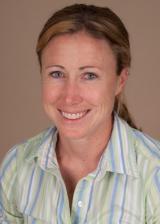
Whitney Barrett
“These faculty and paramedics are putting content online that can be directly utilized by learners to act at first responders or, in the US, to qualify to sit for the EMT certification exam. Each video, each lesson, each course created offers information and training that has the potential to save lives,” Henthorn said.
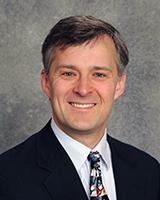
Dan Nicklas
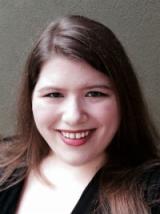
Laura Wiley
Other CU Anschutz courses and specializations that went online Jan. 17 include Newborn Baby Care, led by Nicklas, and Clinical Data Science, by Laura Wiley, assistant professor in the Colorado School of Public Health. This latter specialization uses real-world health care and pharmaceutical contexts and challenges to prepare learners for the scenarios they face as clinical data scientists.
Lemery said a large part of the benefit of the courses is not only the reach across the globe, but across the campuses.
“It’s breaking down barriers. It’s a cross-disciplinary endeavor,” he said. “You think about health care, we know it’s a growing sector of the economy and the projections say it will remain so for 10 or 20 years.”
The access to this expansive and free-or-low-cost learning is imperative as we advance as a global society and to fill the demand for access.
“Being able to train a competent work force cheaply, efficiently, conveniently is something we’re all invested it,” Lemery said. “In that regard I think we’re in a very strong position because we have great connection with these online drivers of Silicon Valley. It’s a real partnership.”
- Colorado
- All Four:




